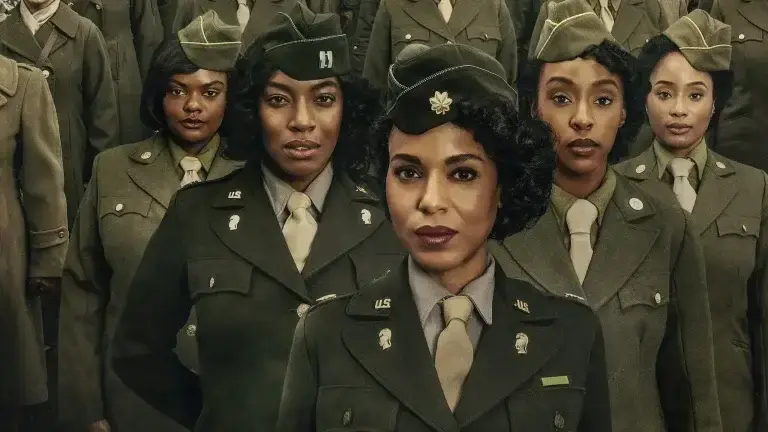Three Lessons from Straw That Remind Us Why Listening to Women Matters—Especially Mothers
- Eraina Ferguson
- Jun 8
- 3 min read
By Eraina Ferguson, Founder of Listen to Her
The new film Straw doesn’t just tell a story—it tells our story. It’s raw, vulnerable, and unapologetically honest. As the founder of Listen to Her, I was profoundly moved by the film’s central themes, especially the journey of the single mother navigating impossible odds. For me, it wasn’t just a film—it was a mirror.
During the 12 years I raised my daughter on my own, I completed three academic degrees—including one from Yale. But behind those accomplishments were nights filled with worry, isolation, and unimaginable strength. My daughter, born with an intellectual disability and deafness, developed seizures at 17. Watching Straw, I was triggered—but also affirmed. The grief, the grit, the compounded weight of caregiving and surviving—it was all there.
And yet, through it all, no one really asked how I was doing. No one truly listened. That silence, more than anything, is why Listen to Her exists.

Here are three powerful lessons from Straw that echo the mission of our community and speak directly to the hearts of women—especially mothers—who are often unheard:
1. The Silence Around Motherhood Is Deafening
In Straw, the lead character’s struggles as a mother aren’t dramatized—they’re real. She carries grief, responsibility, and exhaustion while being expected to stay composed. Her story echoes what so many of us know: that society praises the image of the “strong woman,” while ignoring the cost of that strength.
We must listen to women, not just when they’re strong, but when they’re breaking. That is where true support and transformation begin.
2. Grief is Layered—Especially When You're Raising a Child With Medical Needs
One of the most jarring parallels for me was the health crisis of the daughter in Straw. The fear and helplessness that come when your child’s health spirals is something I know intimately. When your child can’t speak or fully understand what’s happening to them, you must carry every emotion—for both of you.
And yet, the world still expects you to show up and perform.
The emotional labor of caregiving rarely gets acknowledged in our culture. Straw gives voice to that grief—and it reminded me why platforms like Listen to Her are critical. Our stories carry wisdom, resilience, and truth.
3. Healing Begins When Someone Finally Listens
One of the most profound moments in the film is when a character finally listens—truly listens—to the mother. In that moment, the narrative shifts. She’s no longer invisible. She’s seen. Heard. Validated.
That’s what Listen to Her is about. It’s about making sure that women’s stories are no longer background noise, but front and center. We’re building a world where companies, communities, and conference stages reflect the voices of women who have lived the kind of truth that can move mountains.
Why This Movie Matters—To All of UsStraw is not just a film. It’s an invitation—to stop assuming, to start asking, and to commit to listening more deeply. For every mother holding the world together in silence, for every woman who has felt invisible in her own story, this film is a lifeline—and a call to action.
At Listen to Her, we don’t just believe in the power of women’s voices. We believe they are essential to the healing of our communities, our companies, and our culture.
Are you ready to listen?
🎤 Join us at www.listentoher.co to connect with powerful women speakers, attend our next storytelling salon, or share your own journey. Your story matters—and someone out there needs to hear it.



Comments